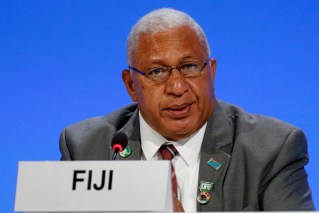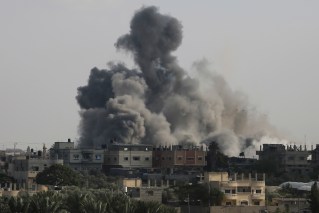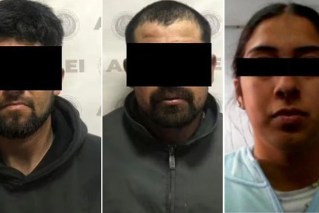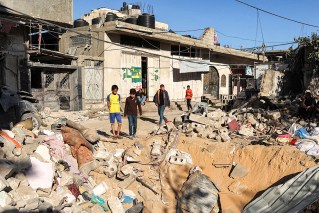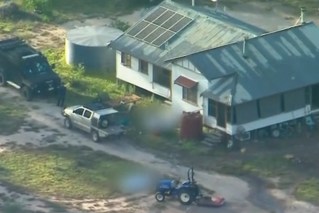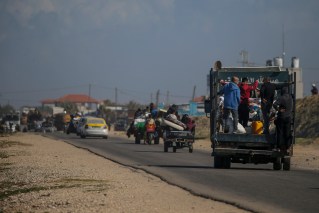IS may create ‘dirty nuke’
Iraqi security officials fear the nuclear elements needed to make a “dirty bomb” may fall into the hands of Islamic State.
A senior security official told Reuters that “highly dangerous” radioactive material stolen in November 2015 may be acquired by the terrorist group.
“We are afraid the radioactive element will fall into the hands of Daesh [IS],” the Iraqi official said.
“They could simply attach it to explosives to make a dirty bomb.”
• Boko Haram is ‘just as dangerous’ as Islamic State
• Did the Grand Mufti get it wrong?
• Pregnant Queensland woman tests positive for Zika
A “dirty bomb” is an explosive device that combines nuclear material with conventional explosives to contaminate an area with radiation.
The material was stored in a protective case but went missing from a US oil-company-owned storage facility near the southern Iraq city of Basra, an Iraqi government document reportedly showed.
A spokesman for Iraq’s environment ministry refused to comment on the allegations.
The material in the facility owned by US oil company Weatherford uses gamma rays to test flaws in materials used for oil and gas pipelines.
The stolen equipment is owned by Istanbul-based SGS Turkey, according to the document and officials.
The document, dated November 30 and addressed to the ministry’s Centre for Prevention of Radiation, reportedly described “the theft of a highly dangerous radioactive source of Ir-192 with highly radioactive activity belonging to SGS from a depot belonging to Weatherford in the Rafidhia area of Basra province”.
A senior environment ministry official based in Basra, told Reuters the device contained up to 10 grams of Ir-192 “capsules”, a radioactive isotope of iridium also used to treat cancer.
The ministry document said the nuclear material posed bodily, environmental and national security threats.
The security official said there were no clear suspects for the theft, but said the early investigations indicated the perpetrators had detailed knowledge of the material and the facility.
“No broken locks, no smashed doors and no evidence of forced entry.”

